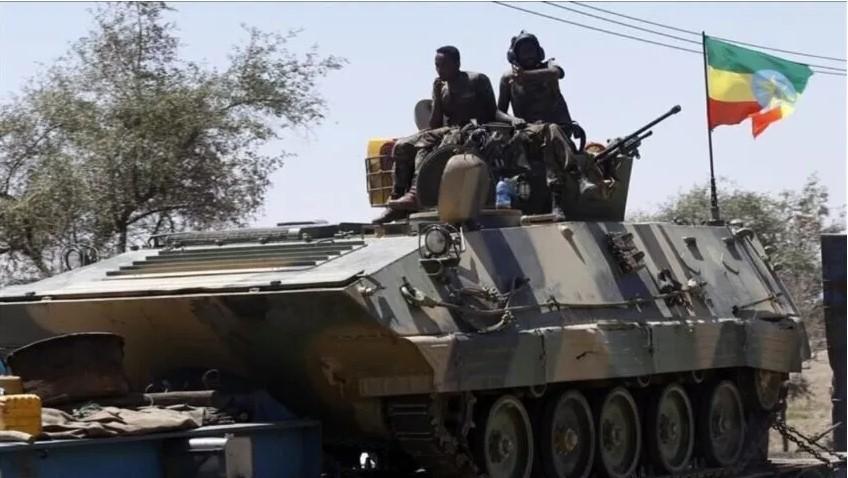Ethiopia’s State of Emergency Sparks Kenyan Security Alert
The Ethiopian branch of the Kenyan Embassy has advised its nationals to avoid traveling through areas of unrest in the nation. This recommendation comes in response to the recent declaration of a six-month state of emergency by Ethiopian Prime Minister Abiy Ahmed on Friday, August 4th.
Ethiopia heightened its security protocols in Amhara, which is the nation’s second-largest province, in response to assaults orchestrated by militant extremist factions.
In an announcement released on Monday, August 7th, the embassy urged Kenyan residents in the area to follow the instructions provided by the Ethiopian government regarding the ongoing crisis.
Additionally, they were advised to get in touch with the embassy using the consular office, email, or telephone communication, as Ethiopia was considering the possibility of expanding the state of emergency to include additional areas.
Why Did Ethiopia Declare a State of Emergency?
Ethiopian Prime Minister Abiy Ahmed announced a state of emergency on Friday, August 4th, following confrontations between Amhara security forces (known as Fano), a regional ethnic militia, and the Ethiopian National Defense Force (ENDF). These clashes were in response to Prime Minister Abiy’s executive directive.
Abiy commanded the dissolution of security units from all 11 regions in Ethiopia, directing their incorporation into either the police force or the national military.
Fano, once a partner of ENDF, gained dominance over several towns in the area, resulting in the disruption of the region’s usual functioning. This disruption extended to various services, including air transportation. Flights from two regional airports, Gondar and Lalibela, were halted to avoid potential harm and casualties.
ALSO READ: Sudan Crisis: Ruto Contacts Egypt’s President
In its reply, the Ethiopian government, represented by Temesgen Tiruneh, the head of Ethiopia’s national intelligence service, alleged that armed individuals in the Amhara region were attempting to topple both the local and national administrations.
“This robbery force is operating with the goal and intention of overthrowing the regional government by force and then advancing to the federal system,” Temesgen said in comments broadcast late on Sunday by state-affiliated Fana Broadcasting.
Except for Kenya, other nations such as the United Kingdom and the United States offered guidance to their nationals, urging them not to journey to Amhara. Additional countries are likely to follow suit in taking preemptive actions to protect their citizens’ well-being.
What Happens During the State of Emergency?
A state of emergency refers to a situation of national crisis or catastrophe where a government temporarily sets aside regular constitutional processes to safeguard its citizens and guide the nation through the critical situation.
In the case of Ethiopia, the government granted security forces the authority to prohibit the possession of firearms and other weapons, prevent public gatherings, enforce curfews, and perform random detentions.
Furthermore, the authorities can curtail or restrict the independence of the press if it goes against emergency directives.
Ethiopia’s State of Emergency Sparks Kenyan Security Alert
